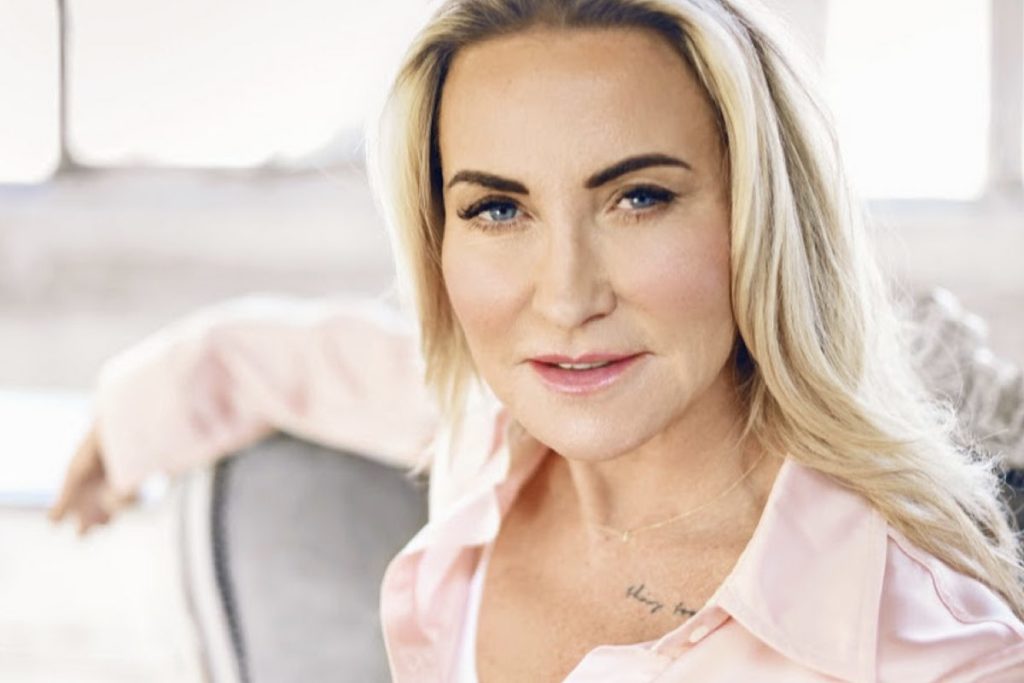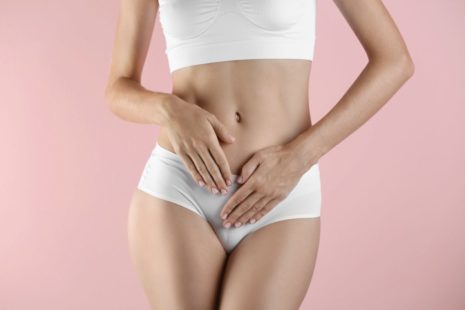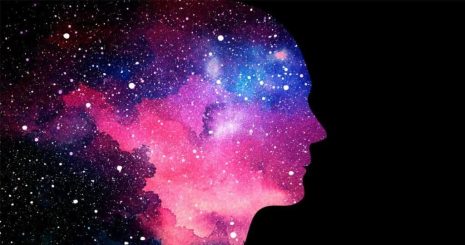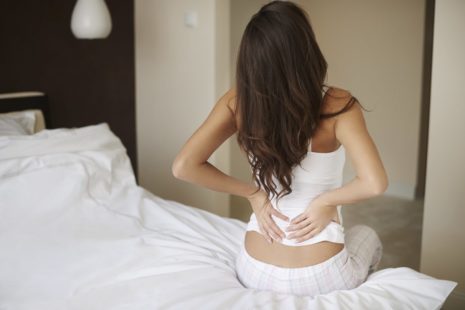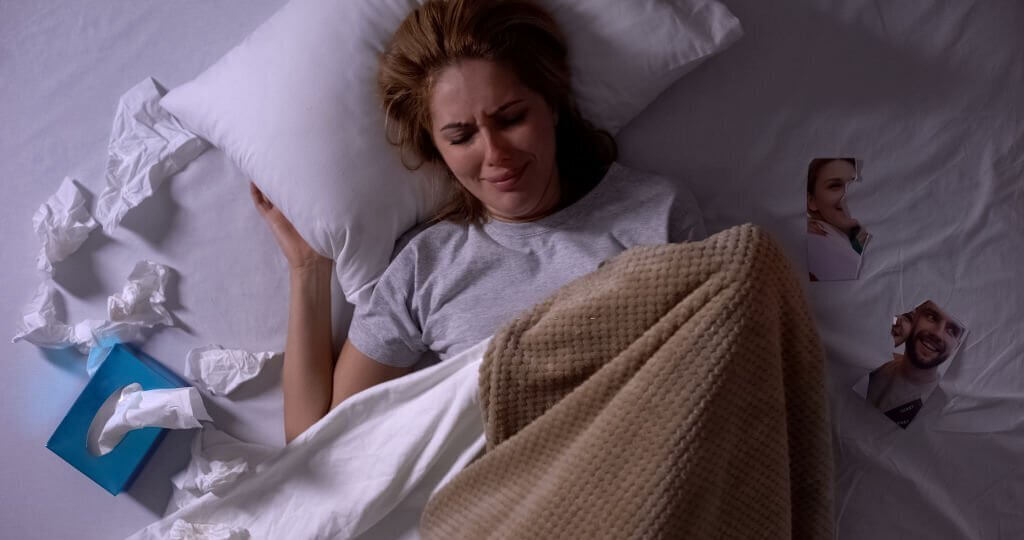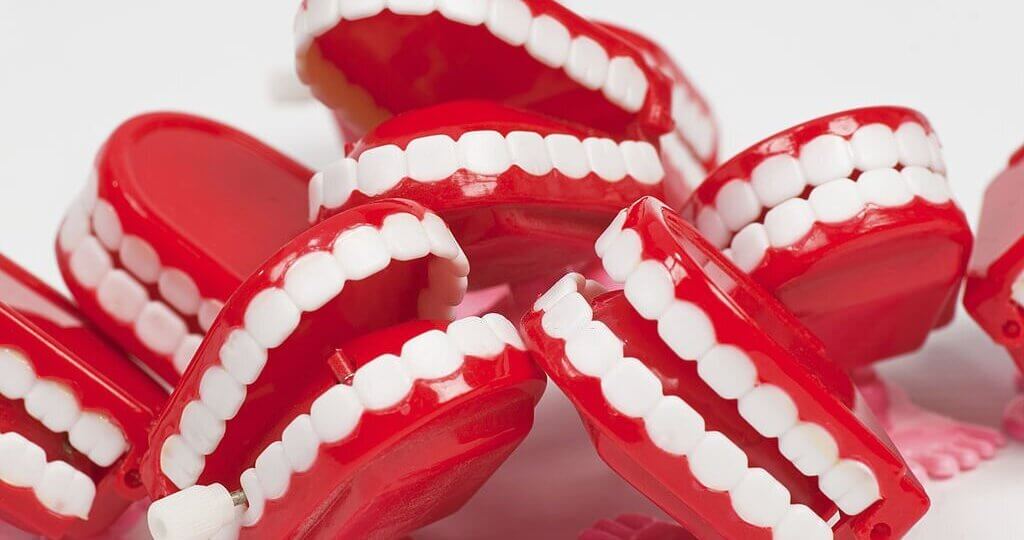Even if the menopause isn’t on your horizon quite yet, it’s important for every woman to understand and educate themselves about what happens during this phase of life. Dr Ghazala Aziz-Scott, specialist in integrative women’s health and bioidentical hormone balancing for the Marion Gluck Clinic, tells us what to expect…
What is the earliest age we go through the menopause?
Menopause is defined as not having a period for 12 months. The average age of menopause in the UK is 51, but 5% of women will experience premature menopause between ages 40 to 45. 1% of women will experience premature ovarian insufficiency or POI where they experience menopause below age 40. POI can occur at adolescence where periods never start and this is often due to genetic abnormalities.
Perimenopause is the period of time leading up to the menopause and can occur for a number of years where women can be experiencing symptoms of hormonal imbalance.
What are the main symptoms?
Hot flushes and night sweats
Fatigue and low energy
Poor concentration or focus ‘ brain fog’
Low mood/mood swings
Insomnia
Aches and pains
Memory loss
Low libido
Vaginal dryness
Dry skin and thin hair
Recurrent urine infections or thrush
Weight gain/loss of muscle tone
How do I know if I am going through it?
Periods become erratic or irregular and when periods have stopped for 12 months, this is defined as being in the menopause. Going ‘through it’ can often be the perimenopausal period.
Every woman’s experience is individual but most women will experience a cluster of the above symptoms and many experience a rapid change in quality of life.
It is important to see a health care professional who has experience of dealing with the menopause and who can offer a consultation to assess symptoms and testing to confirm if this is the case. Blood tests to check the levels and balance of hormones in the body can be carried out and help understand the symptoms. Some clinics or nutritional therapists do the DUTCH test which looks at hormone levels in the urine.
Listen to our podcast with Meg Matthews on Menopause
How does life change after going through with it?
Some women experience symptoms at menopause which do settle down but many women have on going debilitating symptoms throughout life and we now see menopause as a ‘chronic female hormone deficiency’ as the sex hormones have a myriad of functions throughout the body.
Life changes also depend on lifestyle factors such as a diet, exercise, alcohol consumption, sleep and stress management. It also depends on our expectations of how we should be living life- we all expect youth and vitality for as long as we can! Other life stresses such as busy careers, raising a family, caring for elderly parents and other health issues can affect life in the menopause.
How life changes also depends on education and awareness of what is happening and what can be done to support the changes around the menopause. BHRT can be very effective in restoring quality of life in the menopause and also addressing the long term health issues of female hormone deficiencies such as heart, bone and brain health. BHRT reverses the risk of osteoporosis and prevents cognitive decline such as Alzheimers. Bioidentical or body identical HRT treatments available through clinics such as the Marion Gluck Clinic have been shown to be the best forms of treatment.
For younger women going through premature menopause or POI, there can be much more psychological angst and concerns about future fertility and these women benefit from counselling support or fertility treatment.
https://www.instagram.com/p/CFkD3a6hUKe/
How does menopause affect your sex life?
The hormonal changes of menopause, specifically the loss of oestrogen and testosterone can cause symptoms of decreased libido and vaginal dryness. This can impact your sex life both in terms of desire and discomfort when being intimate. Testosterone is important for libido and oestrogen is important to keep the skin of the vaginal walls healthy and produce lubrication.
Other life stresses, weight gain and body changes causing low self esteem, and psychological factors also play a part. Many women feel less feminine after the menopause and many grieve the loss of youth and fertility. A positive attitude and acceptance of this normal life change helps.
BHRT can be very effective in addressing the hormonal deficiencies and local vaginal oestrogen creams can help restore vaginal health and help restore a healthy sex life, as can vaginal lubricants. Stress management and self care also important.
World Menopause Day is held every year on the 18th October. Book a consultation at the Marion Gluck Clinic.
Get your weekly DOSE fix here: SIGN UP FOR OUR NEWSLETTER
